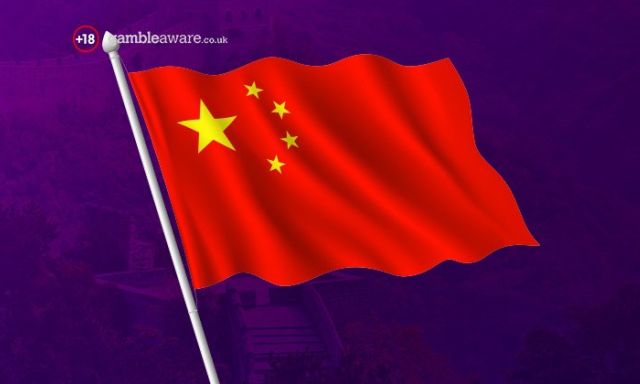The World Cup has had fans around the globe glued to their TV screens by the million. Of course, for sports betting, the World Cup is one of the biggest, if not the biggest, betting events of the year.
Bookmakers and pools across the world are doing a brisk trade, with record wagers, and more fans than ever getting involved in the action through online and mobile betting.
But despite the betting freedoms enjoyed across much of the world, there are some notable examples of highly restricted markets, where both punters and government coffers are missing out. And you could argue, they don’t come any more restrictive than China.
China’s sports lottery has long been a popular attraction, and one that remains legal at land-based betting concessions. However, in recent times, the sports lottery has been proving surprisingly more popular than ever – a trend that has held for months, but grown exponentially since the launch of the World Cup.
The growth can only be read as a sign of a growing appetite for sports betting in China, given the barriers erected by the Chinese government to prevent online sales for the lottery. Historically pro-gambling, China has periodically fallen under periods of more intense regulation – perhaps only to be expected, given their system of government.
China outlawed online sales for their sports lottery back in 2014, in a move described perhaps ironically as a ‘temporary suspension’. Of course, it’s still in force today. Yet still, sales are on the up and up, with the World Cup so far pushing revenues to all-time record levels.
Sales for the first week of action were reported at RMB7.33b, equivalent to over 1.1 billion. This represents a growth of some 126% on the equivalent period during the 2014 World Cup, which reflects the strength of growth in the lottery since online sales were outlawed.
Drilling down further, it appears the trend began over the first three days of the tournament, RMB1.6b, RMB2b and RMB2.3 bn respectively – each day a fresh record high for revenues on a single day.
When Chinese authorities banned online sales, the rationale was based in avoiding corruption, with allegations of underreporting revenues and widespread fraud. The official line to this day remains that the growth comes from physical-only outlets.
While sales might have reasonably expected to suffer as the result, the fact they have grown only shows the futility of the government’s attempts to restrict gambling freedoms there.
But some media reports suggest there might be more at play here than first meets the eye. Apparently, the heavy handed government approach to online betting has led to a rise in pools run via private WeChat groups, as well as several other ‘middleman’ offering to bet on the punter’s behalf – marketing online and on mobile, of course.
Some of the WeChat groups are thought to be aimed specifically at high rollers, with bets of up to RMB20k changing hands, away from the prying eyes of state tax collectors. All in the name of a policy that was only ever billed as a ‘temporary’ solution.
The Chinese government reasserted the position regarding online sales this week, underlining the penalties those in breach could expect to face. But with such volumes seemingly contributing to some degree in the upsurge, there are legitimate questions over the policy.
The Chinese authorities benefit from tax revenues derived from the sports lottery. But by banning sales online, they’re simply cutting off their nose to spite their face.
This is money the Chinese government could be collecting on – but with an unknown proportion of this exponentially growing market now apparently being run privately, off grid, the state misses out on the funds it might otherwise rightfully claim.








